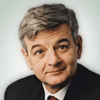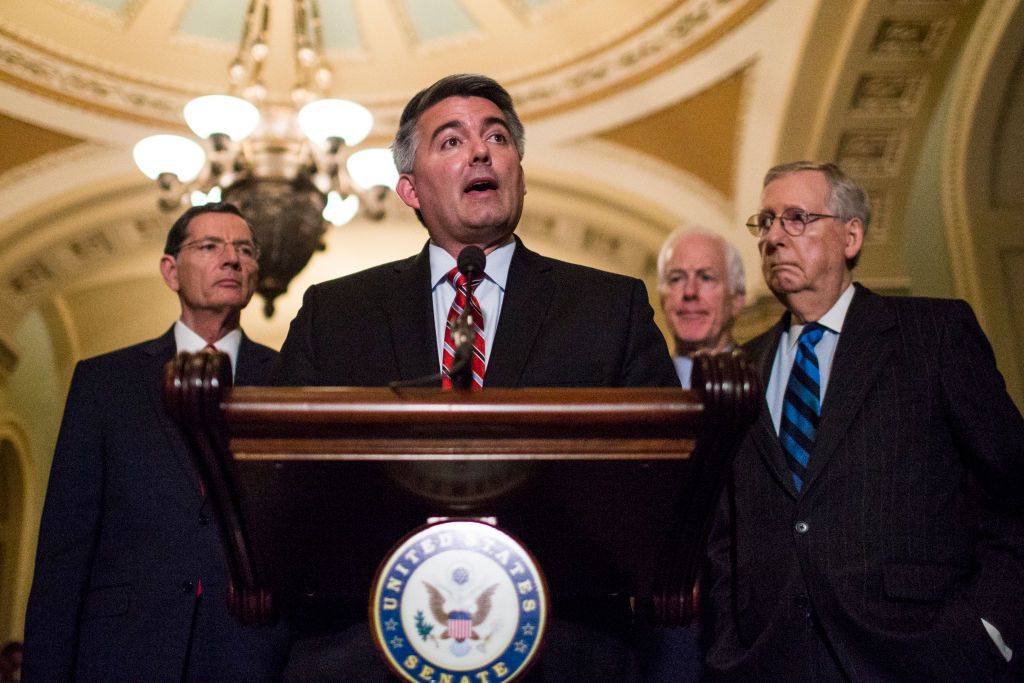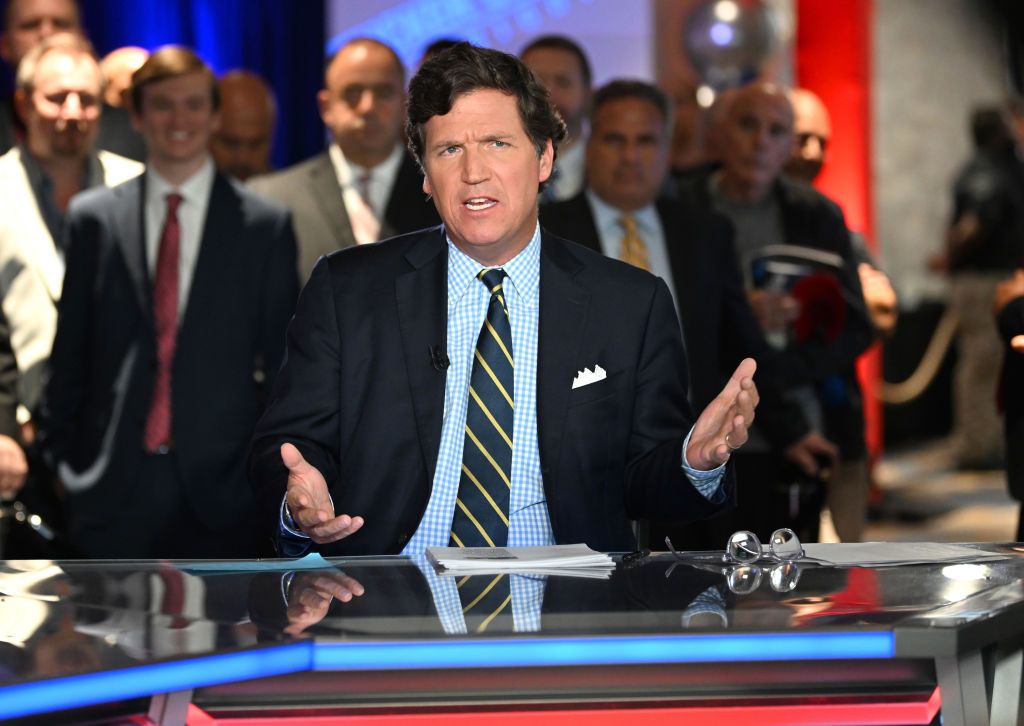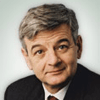Opinion: The global consequences of Russia's war in Ukraine

BERLIN – Russia’s full-scale invasion of Ukraine on Feb. 24, 2022, changed everything for Ukraine, for Europe, and for global politics. The world entered a new era of great-power rivalry in which war could no longer be excluded. Apart from the immediate victims, Russia’s aggression most concerned Europe. A great power seeking to extinguish an independent smaller country by force challenges the core principles upon which the European order of states has organized itself for decades.
Russian President Vladimir Putin’s war stands in stark contrast to the self-dissolution of the Warsaw Pact and the Soviet Union, which occurred in a largely non-violent manner. Since the “Gorbachev miracle” – when the Soviet Union started pursuing liberalizing reforms in the 1980s – Europeans had begun to imagine that Immanuel Kant’s vision of perpetual peace on the continent might be possible. It was not.
The problem was that many Russian elites’ interpretation of the globally significant events of the late 1980s could not be more opposed to Kant’s idea. They saw the demise of the great Russian empire (which the Soviets had recreated) as a devastating defeat. Though they had no choice but to accept the humiliation, they told themselves they would do so only temporarily until the balance of power had changed. Then the great historical revision could begin.
Thus, the 2022 attack on Ukraine should be viewed as merely the most ambitious of the revisionist wars Russia has waged since Putin came to power. We can expect many more, especially if Donald Trump returns to the White House and effectively withdraws the United States from NATO.
But Putin’s latest war not only changed the rules of co-existence on the European continent; it also changed the global order. By triggering a sweeping re-militarization of foreign policy, the war has seemingly returned us to a time, deep in the twentieth century, when wars of conquest were a staple of the great-power toolkit. Now, like then, might makes right.
Even during the decades-long Cold War, there was no risk of a “new Sarajevo” – the political fuse that detonated the first World War – because the standoff between two nuclear superpowers subordinated all other interests, ideologies, and political conflicts. What mattered were the superpowers’ own claims to power and stability within the territories they controlled. The risk of another world war had been replaced by the risk of mutual assured destruction, which functioned as an automatic stabilizer within the bipolar system of the Cold War.

Behind Putin’s war on Ukraine is the neo-imperial goal that many Russian elites share: to make Russia great again by reversing the results of the collapse of the Soviet Union. On December 8, 1991, the presidents of Russia, Belarus, and Ukraine met in Białowieża National Park and agreed to dissolve the Soviet Union, reducing a “superpower” to a regional (albeit still nuclear-armed) power in the form of the Russian Federation.
No, Putin does not want to revive the communist Soviet Union. Today’s Russian elite knows that the Soviet system could not be sustained. Putin has embraced autocracy, oligarchy, and empire to restore Russia’s status as a global power, but he also knows that Russia lacks the economic and technological prerequisites to achieve this on its own.
For its part, Ukraine wants to join the West – meaning the European Union and the transatlantic security community of NATO. Should it succeed, it would probably be lost to Russia for good, and its own embrace of Western values would pose a grave danger to Putin’s regime. Ukraine’s modernization would lead Russians to ask why their political system has consistently failed to achieve similar results. From a “Great Russia” perspective, it would compound the disaster of 1991. That is why the stakes in Ukraine are so high, and why it is so hard to imagine the conflict ending through compromise.
Even in the case of an armistice along the frozen front line, neither Russia nor Ukraine will distance themselves politically from their true war aims. The Kremlin will not give up on the complete conquest and subjugation (if not annexation) of Ukraine, and Ukraine will not abandon its goal of liberating all its territory (including Crimea) and joining the EU and NATO. An armistice thus would be a volatile interim solution involving the defense of a highly dangerous “line of control” on which Ukraine’s freedom and Europe’s security depend.
Since Russia no longer has the economic, military, and technological capabilities to compete for the top spot on the world stage, its only option is to become a permanent junior partner to China, implying quasi-voluntary submission under a kind of second Mongol vassalage. Let us not forget: Russia survived two attacks from the West in the nineteenth and twentieth centuries – by Napoleon and Hitler, respectively. The only invaders who have conquered it were the Mongols in the winter of 1237-38. Throughout Russia’s history, its vulnerability in the east has had far-reaching consequences.
The main geopolitical divide of the twenty-first century will center on the Sino-American rivalry. Though Russia will hold a junior position, it nonetheless will play an important role as a supplier of raw materials and – owing to its dreams of empire – as a permanent security risk. Whether this will be enough to satisfy Russian elites’ self-image is an open question.
Editor’s Note: Copyright, Project Syndicate. This article was published by Project Syndicate on Jan. 18, 2024, and has been republished by the Kyiv Independent with permission.The opinions expressed in the op-ed section are those of the authors and do not purport to reflect the views of the Kyiv Independent.












